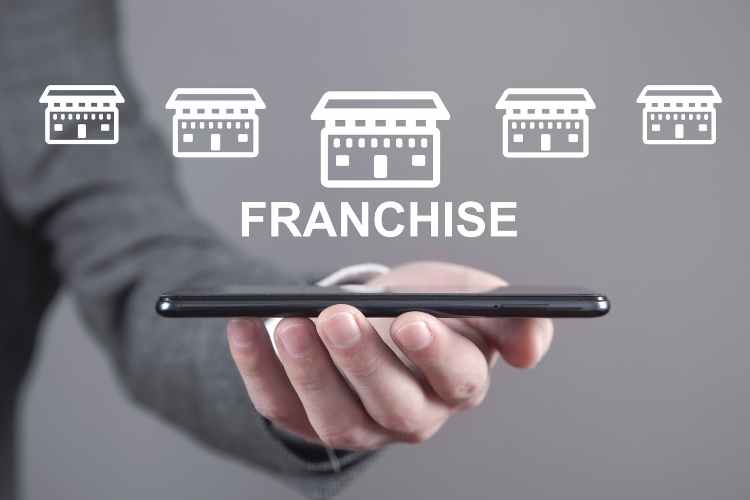The franchising business model has been around since sewing machine entrepreneur Isaac Singer designed a way to sell his products through local dealers who paid for exclusive rights to sell in designated areas. The singer started his franchising operations in 1850; the business model continues to be one of the most practical and lucrative. In 2022, the franchising landscape in the United States comprised about 9,000 brands with more than 790,000 franchisees. This business segment generates $825 billion per year and continues growing exponentially.
Prospective Franchisees and Their Financial Needs
Signing and executing a franchising agreement is not something that prospective business owners can simply launch with a bootstrap budget. Even if you have enough cash to cover the initial franchise fee agreement, there will be upfront costs to consider. These costs can include leasehold improvements, equipment purchases, inventory, and working capital to cover the first few months of operation. Additionally, franchisees are often required to pay ongoing fees, which may include royalties on sales and advertising fees. In some cases, purchases of supplies and products from the brand become mandatory. Depending on the terms of the franchise agreement and the brand’s operations manual, upfront costs can be out of reach for many prospective franchisees.
Franchise financing is a smart option for business owners who are either short on the money they need to get started or who do not wish to tap into cash reserves. Although most franchisees seek financing to launch their operations, quite a few use it to carry out leasehold improvements, purchase equipment, add inventory, or conduct marketing campaigns. Owning and operating a franchise can be lucrative, but the financial needs that this entails are a bit much for the average business owner to meet. This is when chain financing makes perfect sense.
Financing Options for Prospective Franchisees
Some franchises offer financing options built into the terms of the agreement; however, such options tend to be implicit, limited, and insufficient to cover the initial outlay of business expenses. An example in this regard would be McDonald’s, one of the most recognized franchise brands in the world. Prospective McDonald’s franchisees are expected to keep $500,000 in cash reserves while they attend Hamburger University in Chicago and operate restaurants on a trial basis. Considering that the average McDonald’s restaurant in the U.S. is valued at more than a million dollars, it is easy to see that prospective franchisees will need more than just their cash reserves to close the deal.
Franchise finance service is similar to traditional business financing in that they both involve commercial lending; however, lenders catering to franchisees may be more willing to extend credit because of the established business model and brand recognition. The options include loans made through local banks and guaranteed through the Small Business Administration (SBA), but they often require collateral. In addition, some franchisees feel that a home equity line of credit is more suitable than SBA loans because their properties are the only collateral available.
How Franchise Funding Works
What if there is no collateral to offer or equity to tap into? This is when specialized financing options for franchises come in. This kind of financing is provided through loans to cover the initial franchise fee, equipment purchases, and other business expenses. An unsecured loan can be extended to franchisees who have been in business for at least six months, but the applications are evaluated on a case-by-case basis. In some situations, strong brands provide franchisees with hands-on mentorship during the first few months of operations. This could be a factor in favor of the borrower, thus making it possible to issue a startup loan. This is the brightest option for many prospective franchisees, and the terms of franchise funding loans are more convenient than unsecured loans.
In the end, prospective franchisees must research and compare financing options from different lenders to find the best fit for their needs. Additionally, franchisees should carefully consider the terms of the financing agreement, including interest rates, repayment schedules, and any fees associated with the loan.
